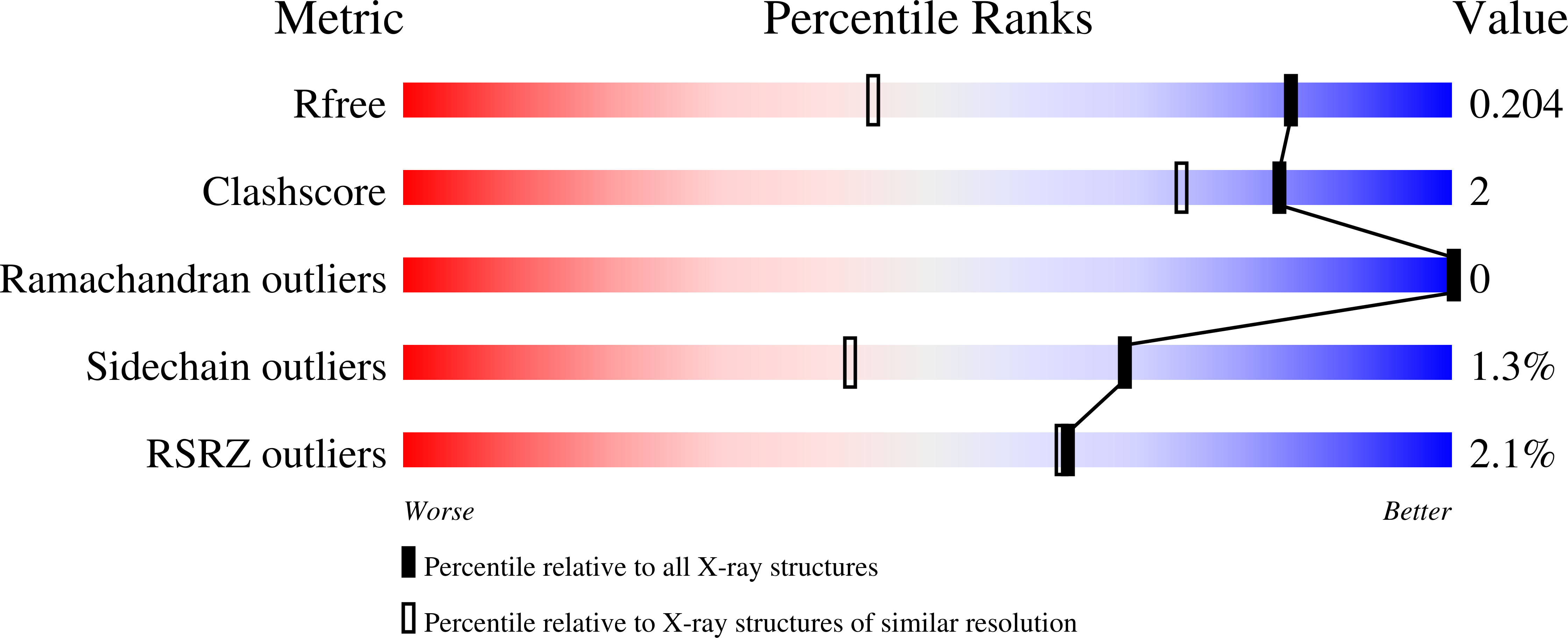Biochemical and Structural Basis for Controlling Chemical Modularity in Fungal Polyketide Biosynthesis.
Winter, J.M., Cascio, D., Dietrich, D., Sato, M., Watanabe, K., Sawaya, M.R., Vederas, J.C., Tang, Y.(2015) J Am Chem Soc 137: 9885-9893
- PubMed: 26172141
- DOI: https://doi.org/10.1021/jacs.5b04520
- Primary Citation of Related Structures:
4RO5, 4RPM - PubMed Abstract:
Modular collaboration between iterative fungal polyketide synthases (IPKSs) is an important mechanism for generating structural diversity of polyketide natural products. Inter-PKS communication and substrate channeling are controlled in large by the starter unit acyl carrier protein transacylase (SAT) domain found in the accepting IPKS module. Here, we reconstituted the modular biosynthesis of the benzaldehyde core of the chaetoviridin and chaetomugilin azaphilone natural products using the IPKSs CazF and CazM. Our studies revealed a critical role of CazM's SAT domain in selectively transferring a highly reduced triketide product from CazF. In contrast, a more oxidized triketide that is also produced by CazF and required in later stages of biosynthesis of the final product is not recognized by the SAT domain. The structural basis for the acyl unit selectivity was uncovered by the first X-ray structure of a fungal SAT domain, highlighted by a covalent hexanoyl thioester intermediate in the SAT active site. The crystal structure of SAT domain will enable protein engineering efforts aimed at mixing and matching different IPKS modules for the biosynthesis of new compounds.
Organizational Affiliation:
?Department of Chemical and Biomolecular Engineering, University of California, Los Angeles, California 90095, United States.



















